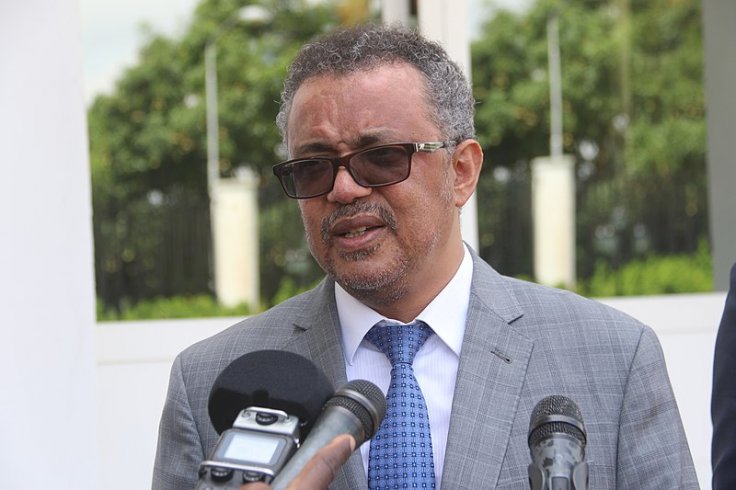With the Coronavirus pandemic entering its seventh month, there is no sign of any slowdown. In Europe, the Americas, Asia and Africa, new cases have emerged, impacting lives and also economies. The World Health Organization said that the effects of the pandemic would last for decades even if it's contained immediately with vaccines on the horizon.
The COVID-19 pandemic has infected over 17.6 million people, killing nearly 680,000, since it originated in Wuhan, China in late December. Tedros Adhanom Ghebreyesus, Director-General of the WHO addressed the world body's emergency committee meeting on Friday, July 31 for the fourth time to say, "The pandemic is a once-in-a-century health crisis, the effects of which will be felt for decades to come."

Second Wave in Many Countries
The meeting came amid the growing number of daily cases in the U.S., Brazil, India and in the countries, which seemed to have contained the virus such as Vietnam, Australia, Spain, Germany, New Zealand, South Korea, Japan and Hong Kong.
"Many countries that believed they were past the worst are now grappling with new outbreaks. Some that were less affected in the earliest weeks are now seeing escalating numbers of cases and deaths. And some that had large outbreaks have brought them under control," said Tedros.

In light of an increase in the number of daily cases in Hong Kong, China's National Health Commission said it will send a medical team as per the region's request. In Vietnam, strict social distancing rules have been imposed while in many other countries in Asia and Africa, authorities are enforcing measures to contain the emerging clusters.
It also reminds of the deadly second wave of the Spanish flu that killed millions a century ago. While in today's age, that might not be the case, it may lead to another lockdown. The impact of it will be devastating as the world economy is already crippled with the first lockdown which has brought in a recession.
Waning Immunity
In such a situation, the good news is that vaccine candidates are in the last phase and are being widely tested. With Russia and China expected to release their COVID-19 vaccines earliest by September, it would help get a grip on the situation. But for now, people in places that faced severe outbreak remain susceptible as studies have shown waning immunity among previously infected patients.

"Early results from serology (antibody) studies are painting a consistent picture: most of the world's people remain susceptible to this virus, even in areas that have experienced severe outbreaks," Tedros said, adding that people should learn to live with the virus.
Even Dr Robin Shattock, who is leading the Imperial College vaccine trials in the U.K., has warned about the lasting effects of the virus and pandemic. He has also said that the new vaccines may require annual boosters like influenza.
The WHO, thus, hasn't changed the pandemic's status from PHEIC (public health emergencies of international concern), the highest level of alarm, first raised on January 30. The status is unlikely to change until there is an effective global distribution of a Coronavirus vaccine.









